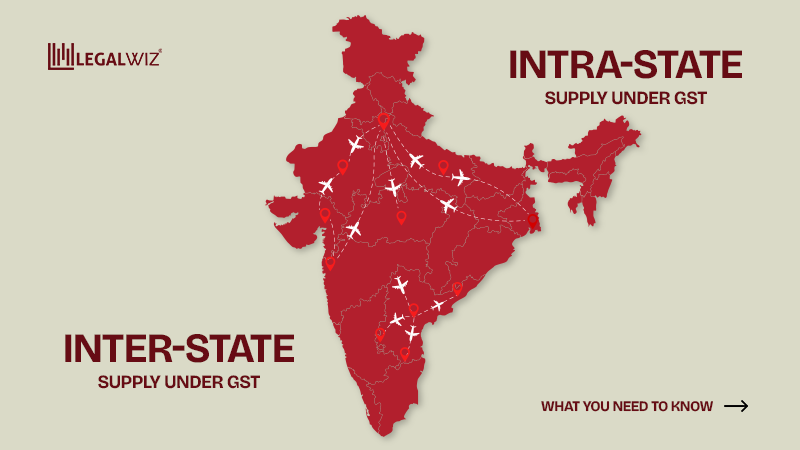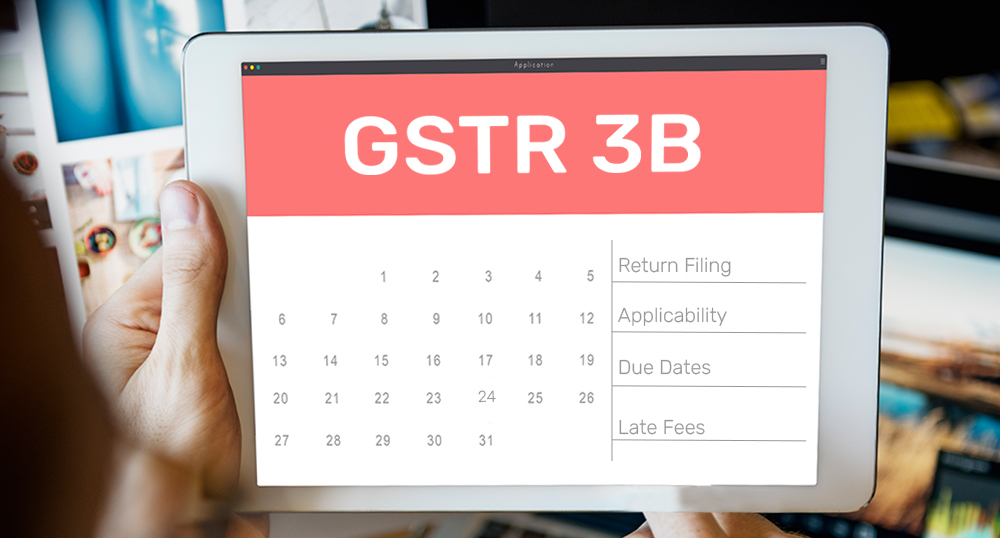GST Return Filing
Get StartedWhat is GST Return filing?
Goods and Service Tax law now governs the major portion of the indirect tax system in India. The suppliers registered under this regime need to fulfill the compliance requirement regularly. Based on the turnover and the activities, the requirements and period of filing returns are prescribed under law.
With online GST return filing, the taxpayers intimate the Goods and Service Tax Network (GSTN) about the inflow and outflow of supplies including the amount of tax paid and collected. While recording the taxable transactions with Government, the taxpayer is also required to pay the amount of tax collected from an outward supplier of goods or services after the deduction of Input Tax Credit (ITC).
Benefits of GST Return filing
Requirements to file GST Return online
Need assistance? Don’t worry, experts are here to help!
Call us at: 1800 313 4151 or Email us: support@legalwiz.in
Types of Return under GST
GSTN has prescribed different types of forms for return filing return based on nature of transactions
How to File GST Return Online in 3 Easy Steps:
Process for filing return
Explore GST return filing in India
Frequently Asked Questions
Call us at: 1800 313 4151 or Email us: support@legalwiz.in
happy customers
Here’s what keeps us going strong.




